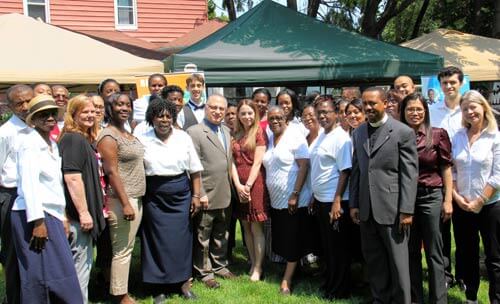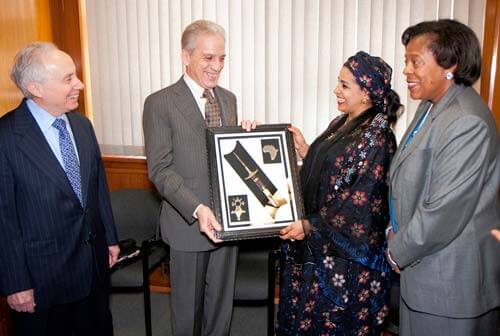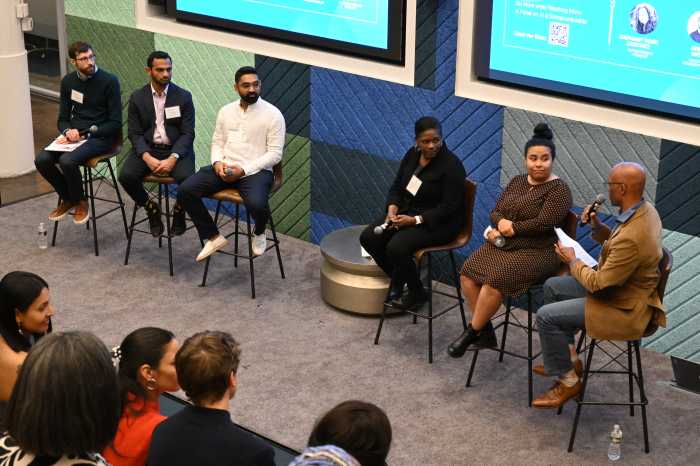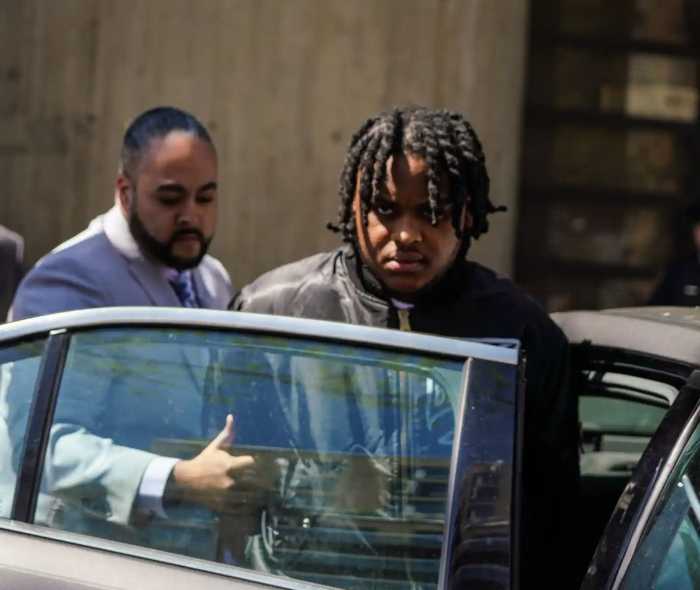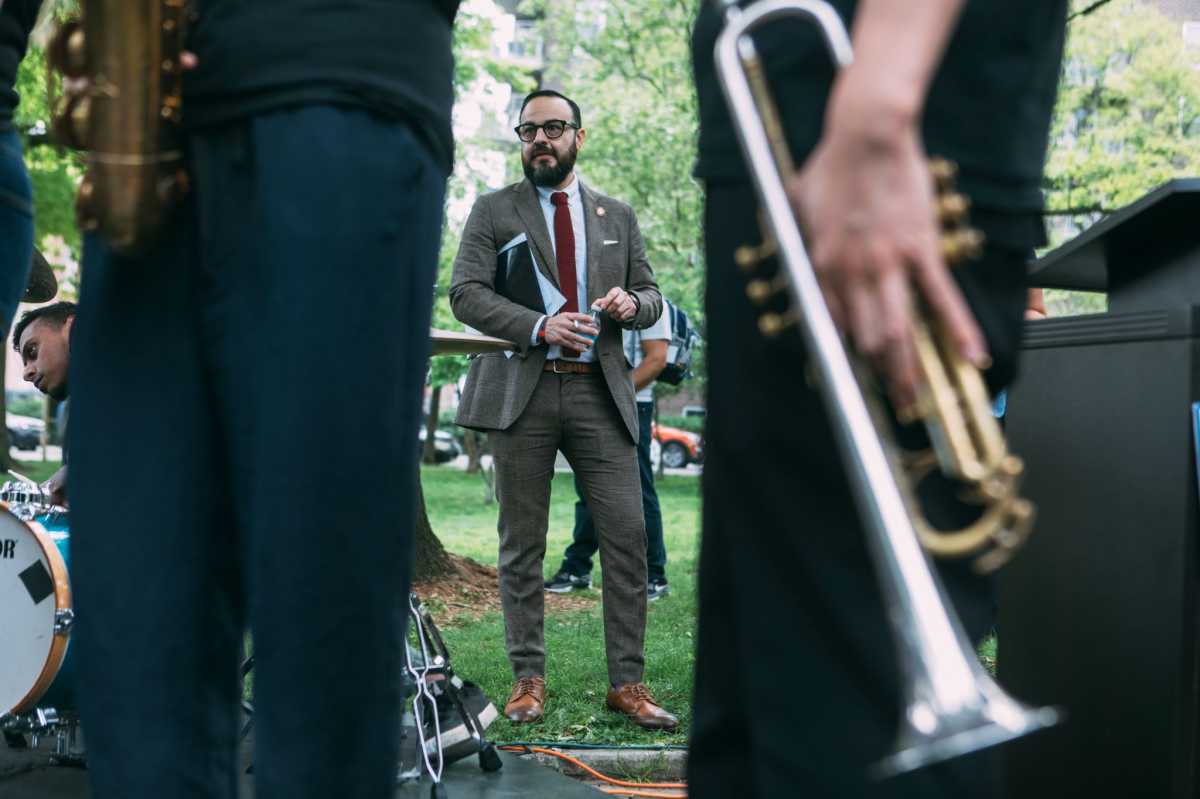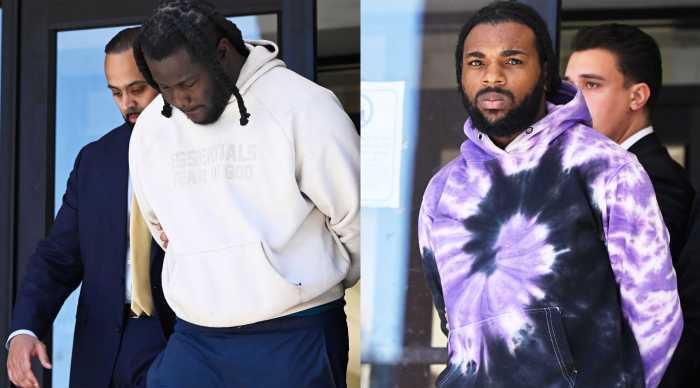A federal jury in Houston, TX on Mar. 6 found Texas financier Allen Stanford guilty of masterminding a “massive” US$7 billion Ponzi scheme involving certificates of deposits (CDs) at Stanford’s Antigua-based Stanford International Bank (SIB).
The jury of eight men and four women found Stanford guilty of all but one of the 14 counts against him, including wire and mail fraud and obstructing a US Securities and Exchange Commission (SEC) probe. He faces up to 20 years in prison for each fraud count when he is sentenced.
Stanford was found not guilty of a single wire fraud count related to bribing an Antiguan official with Super Bowl tickets.
“We are disappointed in the outcome,” defense lawyer Ali Fazel told reporters outside Houston Federal District Court. “We expect to appeal.”
Robert Scardino, Stanford’s other lead attorney, said the defense team will “examine issues for a new trial.”
Prosecutors said Stanford used investors’ money to fund a series of failed businesses, bribe regulators and pay for luxuries, such as yachts and private jets.
His attorneys had portrayed Stanford as a visionary entrepreneur who made money for investors and conducted legitimate business deals.
Stanford, who was ranked 205 on Forbes magazine’s 2008 list of the richest Americans, with a net worth of US$2.2 billion, has been jailed since being indicted in June 2009 after prosecutors said he might try to flee.
A second trial with the same jury began about two and a half hours after the verdict to determine the amount Stanford must forfeit.
Prosecutors said they are seeking about US$300 million in bank accounts in the United Kingdom, Switzerland, Canada, Antigua and Florida, which they claimed belong to SIB depositors.
U.S. District Judge David Hittner on Mar. 5 had ordered the jury to continue deliberating after the panel said it was deadlocked after the five-week trial.
“This conviction is really a very important milestone along a very long, difficult path the victims have been on,” said Kevin Sadler, lead lawyer for Stanford’s court-appointed receiver, Ralph Janvey.
The US government presented testimony at trial from investors who bought the allegedly fraudulent CDs, as well as from the executives who helped sell them.
Houston investor Cassie Wilkinson ran said she lost about US$500,000 on Stanford CDs.
“It is a relief that 12 jurors saw it the way we did,” she said. “We were scammed. The bottom line is still we’ve lost.
“But it is justice, and there’s been no justice for the victims,” she added. “We’ve been pretty much ignored, and now we aren’t being ignored.”
Trial witnesses included government officials and former Stanford Group Company Chief Financial Officer James M. Davis, who pleaded guilty to fraud-related charges in 2009 and testified, in a plea agreement, for five days against his former boss.
Davis told jurors he knew Stanford was committing fraud but did not prevent it.




